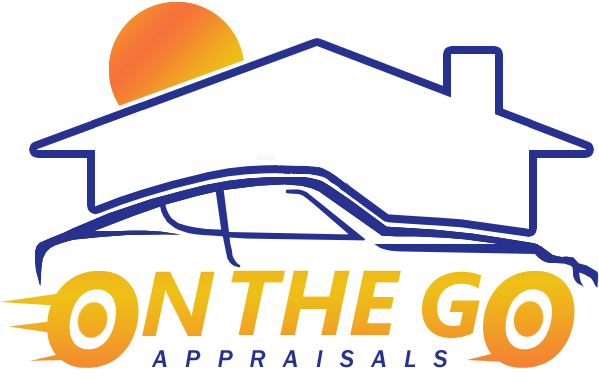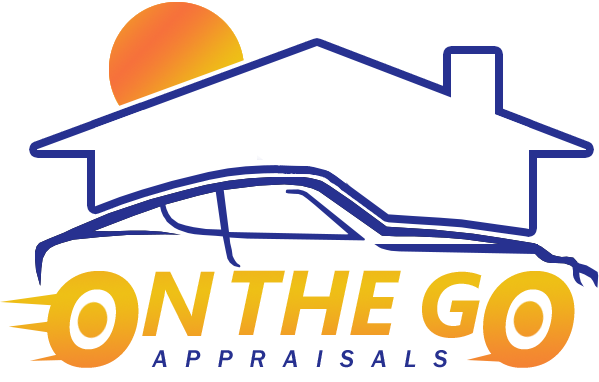Lanier County Tax Assessor’s Office
The County Board of Tax Assessors, appointed for fixed terms by the county commissioner(s) in all counties except one, is responsible for determining taxability; the appraisal, assessment, and the equalization of all assessments within the county. They notify taxpayers when changes are made to the value of the property; they receive and review all appeals filed; and they insure that the appeal process proceeds properly. In addition, they approve all exemptions claimed by the taxpayer.
The County Board of Equalization, appointed by the Grand Jury, is the body charged by law with hearing and adjusting administrative appeals to property values and assessments made by the board of tax assessors. (Note: An arbitration method of appeal is available to the taxpayer in lieu of an appeal to the board of equalization at the option of the taxpayer at the time the appeal is filed).
Assessment Appeals
When the Board of Tax Assessors change the value of property in place for the preceding year or from the value that was returned by the taxpayer for the current year, a notice of that change must be sent to the property owner. Upon receipt of that notice the property owner desiring to appeal the change in value must do so within 45 days. The appeal is filed with the Board of Tax Assessors who reviews again their valuation and the appeal filed and informs the taxpayer of its decision. If the taxpayer remains dissatisfied, the appeal is forwarded to the County Board of Equalization. A hearing is scheduled and conducted and the Board of equalization renders its decision. If the taxpayer is still dissatisfied with the decision, an appeal to Superior Court may be made.
In lieu of an administrative appeal with the Board of Equalization, an arbitration method of appeal is also available to the taxpayer. The Board of Tax Assessors can provide details regarding this procedure. The assessment appeals may be made on the basis of the taxability of the property, the value placed upon the property, or the uniformity of that value when compared to other similar properties in the county. The appeal must be filed within that applicable time period and cannot be filed after that time. Additionally, the appeal should not be based on any complaint about the amount of taxes levied on the property.
Homestead Exemptions
Several types of homestead exemptions have been enacted to reduce the burden of ad valorem taxation for Georgia homeowners. The exemptions apply to homestead property owned by the taxpayer and occupied as their legal residence (some exceptions to this rule apply and your tax commissioner can explain them).
To receive the benefit of the homestead exemption, the taxpayer must file an initial application. In Lanier County the application is filed with the Board of Assessors. Georgia law allows for the year-round filing of homestead application but the application must be received by March 1st of the year for which the exemption is first claimed by the taxpayer. Homestead applications received after that date will be applied to the next tax year.
Once granted, the homestead exemption is automatically renewed each year and the taxpayer does not have to apply again unless there is a change of ownership or the taxpayer seeks to qualify for a different kind of exemption.
Under authority of the State Constitution several different types of homestead exemptions are provided. In addition, local governments are authorized to provide for increased exemption amounts and several have done so. The tax Commissioner in your county can answer questions regarding the standard exemption as well as any local exemptions that are in place.
Lanier County has a Value Freeze: H.B. 918/919 allows the taxpayer to freeze the assessment, based upon the previous year value, on homestead property. This is for county and school purposes on your house and up to 3 acres.
The Standard Homestead Exemption is available to all homeowners who otherwise qualify by ownership and residency requirements and it is an amount equal to $2,000 which is deducted from the 40% assessed value of the homestead property. The exemption applies to the maintenance and operation portion of the mill rate levy of the county and the county school system and the State mill rate levy. It does not apply to the portion of the mill rate levied to retire bonded indebtedness.
The Standard Elderly School Tax Homestead Exemption is an increased homestead exemption for homeowners 62 and older where the net income of the applicant and spouse does not exceed $10,000 for the preceding year. Social Security income and certain retirement income are excluded from the calculation of the income threshold. This exemption applies to school tax including taxes levied to retire bonded indebtedness. The amount of the exemption is up to $10,000 deducted from the 40% assessed value of the homestead property.
The Standard Elderly General Homestead Exemption is available to homeowners who otherwise qualify and who are 65 and older where the net income of the applicant and spouse does not exceed $10,000 for the preceding year. Social Security income and certain retirement income are excluded from the calculation of the income threshold. This exemption, which is in an amount up to $4,000 deducted from the 40% assessed value of the homestead property applies to county taxes, school taxes, and the state tax and it does apply to taxes levied to retire bonded indebtedness.
The Disabled Veterans Homestead Exemption is available to certain disabled veterans or to the un-remarried spouse or minor children in an amount up to $50,000 deducted from the 40% assessed value of the homestead property. This exemption applies to all ad valorem tax levies; however, it is restricted to certain types of very serious disabilities and proof of disability, either from the Veterans Administration or from a private physician in certain circumstances. A similar exemption in the same amount is now available to the un-remarried surviving spouse of a member of the armed forces of the United States who was killed in any war or armed conflict engaged in by the United States. The surviving spouse must furnish appropriate documentation that spousal benefits are received as a result of the death of the armed forces member.
The Floating or Varying Homestead Exemption is an exemption which is available to homeowners 62 or older with gross household incomes of $30,000 or less. The exemption applies to state and county ad valorem taxes but it does not apply to school tax. The exemption is called a floating exemption because the amount of the exemption increases as the value of the homestead property is increased. Since, however, the exemption already in place for the property, taxpayers should be very careful in making application since in many instances the granting of this exemption will initially at least increase the amount of taxes levied on the property.
<!– The Homeowner Tax Relief Grant, authorized by the Governor and the General Assembly provides a tax relief credit in an amount up to $8,000 in assessed value for all homeowners who are receiving one of the normal homestead exemptions. This relief is shown on the property tax bill for State, County, school and city purpose as a credit against taxes that otherwise would have been due. In addition to the various homestead exemptions that are authorized, the law also provides a Property Tax Deferral Program whereby qualified homestead property owners 62 and older with gross household income of $15,000 or less may defer but not exempt the payment of ad valorem taxes on a part or all of the homestead property. Generally, the tax would be deferred until the property ownership changes or until such time that the deferred taxes plus interest reach a level equal to 85% of the fair market value of the property.
–> With respect to all of the homestead exemptions, the Board of Tax Assessors makes the final determination as to eligibility, however, if the application is denied the taxpayer must be notified and an appeal procedure then is available for the taxpayer.
Specialized and Preferential Assessment Programs
Two general types of specialized or preferential assessment programs are available for certain owners of certain types of property. One of these programs authorizes assessment at 30% rather than 40% of fair market value for certain agricultural properties being used for bona fide agricultural purposes.
The 2nd type of preferential program is the Conservation Use program which provides that certain agricultural property, timber land property, environmentally sensitive property, or residential transitional property is to be valued and assessed for ad valorem purpose at its current use value rather than its fair market value.
Each of these specialized or preferential programs require the property owner to covenant with the Board of Tax Assessors to maintain the property in its qualified use for at least 10 years to order to qualify for the preference. The Board of Tax Assessors can explain the ownership and use restrictions regarding property qualifying for either of these programs.
Lanier County Tax Assessor’s Office
Our Facebook Page On The Go Appraisals
call us: +1 833-219-9001
Write us: claims@otgappraisals.com
website: https://otgappraisals.com/



